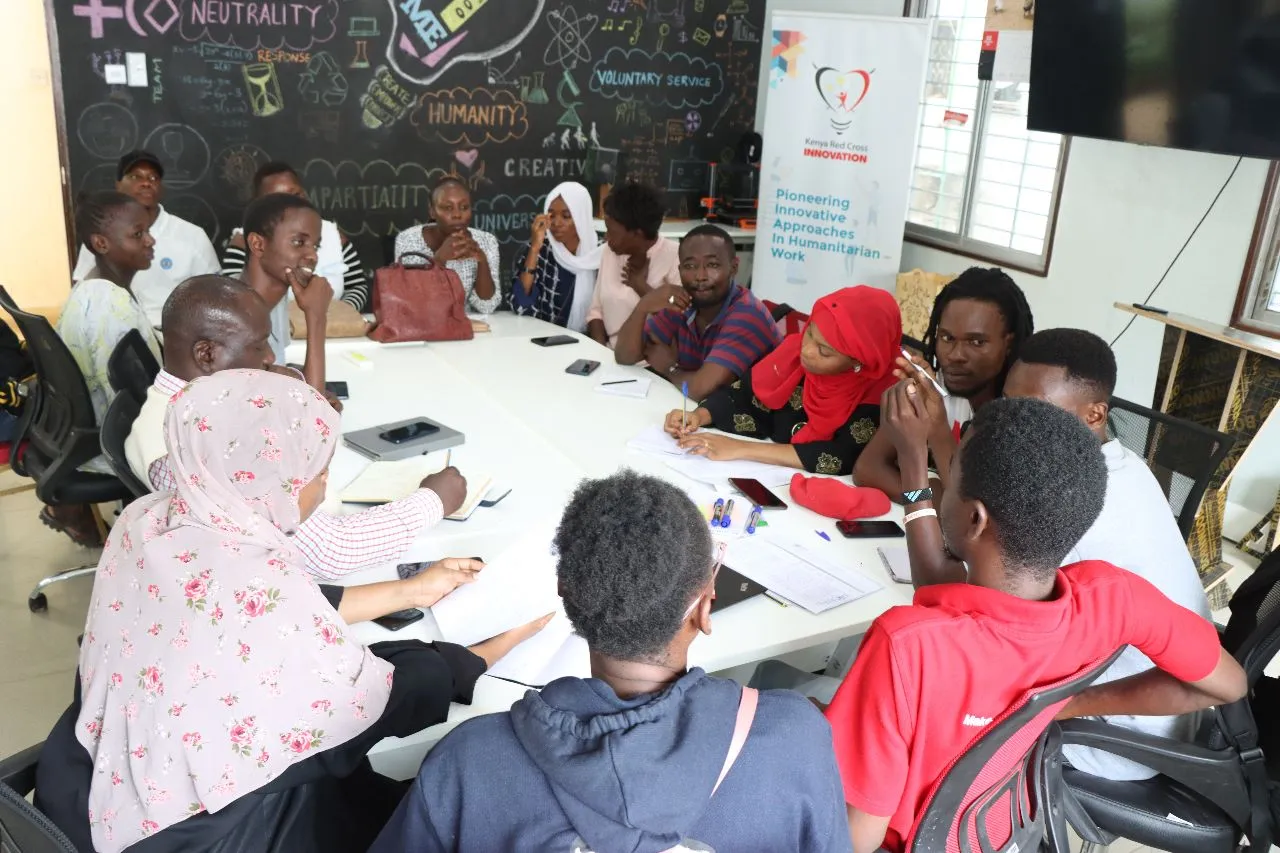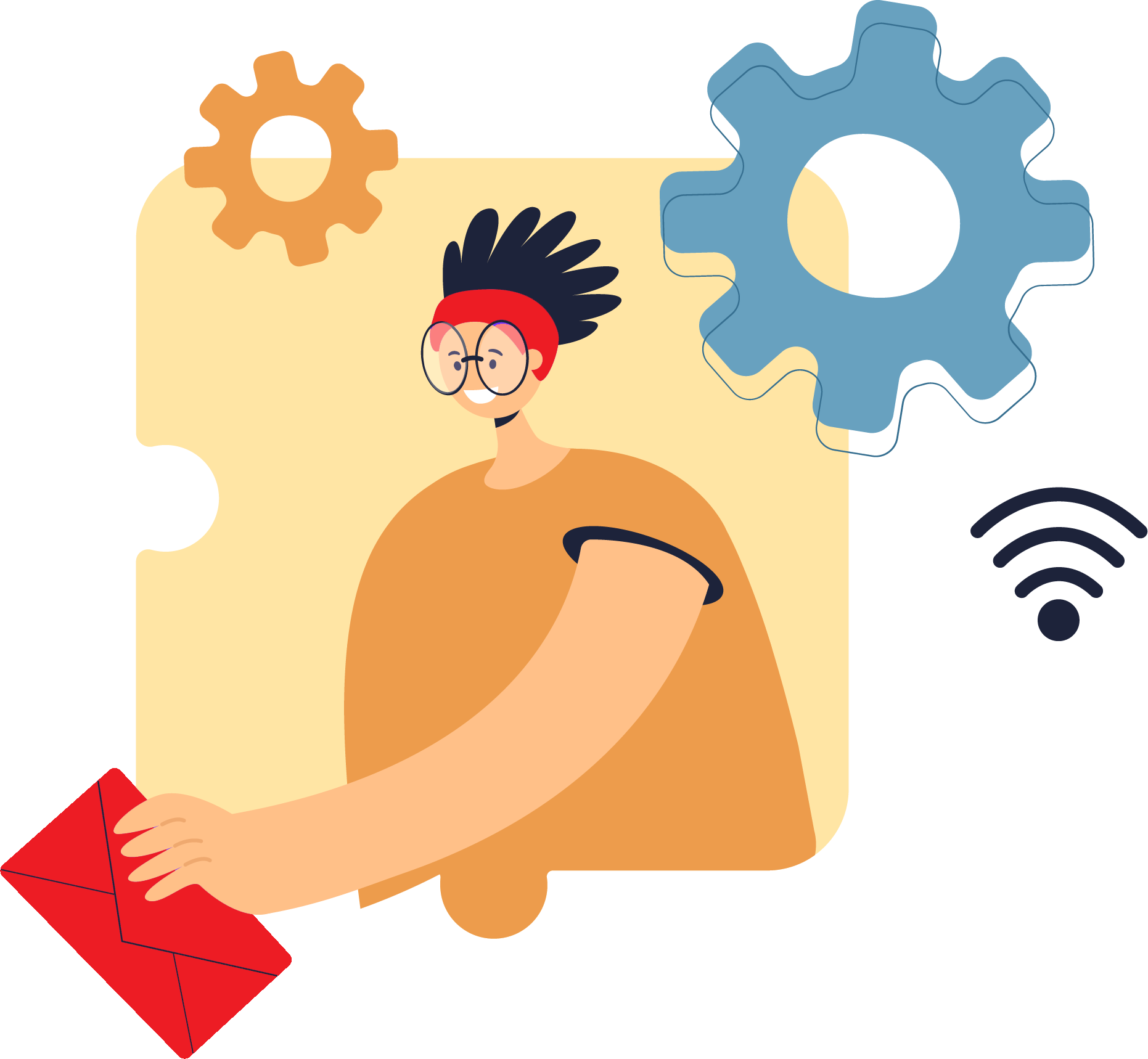
This year’s International Women’s Day theme, DigitALL: Innovation and technology for gender equality, acknowledges the critical role of digital literacy in advancing economic growth and development while championing the advancement of transformative technology and digital education for women and girls.
In line with this theme, the Kenya Red Cross Innovation Unit has implemented a series of programs to promote technical, professional, and digital literacy training that specifically impacts women. These programs aim to empower women with the digital skills necessary to take advantage of digital opportunities and, in turn, grow their businesses and impact their communities positively.
One of the programs involved training over 50 women in digital marketing, website development, and Google business account management, facilitated by Ajira Digital trainers from Mombasa, Tana River, and Nairobi Counties. The focus of the program was to equip the women with digital skills that would help them increase their online presence, attract more customers, and ultimately grow their businesses.
The second program involved training 15 women on hardware repair and maintenance, facilitated by N-tech Solutions from Mombasa. This program aimed to provide women with the skills necessary to repair and maintain computers, which is crucial in running businesses in the digital age.
The third program facilitated by Tech-Kidz Africa involved training 11 women in coding skills applicable to the humanitarian sector. The program aimed to equip the women with coding skills that would enhance their employability and enable them to contribute to the humanitarian sector.
Lastly, the Kenya Red Cross Innovation Unit partnered with the UCRBP program in Mombasa and Nairobi Counties to train 20 women in mapping and how to access a geographical location in the event of a disaster assessment, utilizing an open-source app. The program aimed to enhance the women’s knowledge and skills in responding to emergencies, thereby increasing their preparedness and effectiveness in crises.
All these programs were designed to be practical and hands-on, with a focus on equipping women with the necessary skills to apply their knowledge in real-life situations. By empowering women with digital skills, the Innovation Unit is not only improving their lives but also those of their families and communities. The acquired digital skills will enable these women to leverage opportunities presented by the digital age, leading to economic growth and development in their respective communities.
Digital literacy is an essential aspect of economic growth and development, and it is crucial to equip women and girls with the necessary skills to take advantage of digital opportunities.










